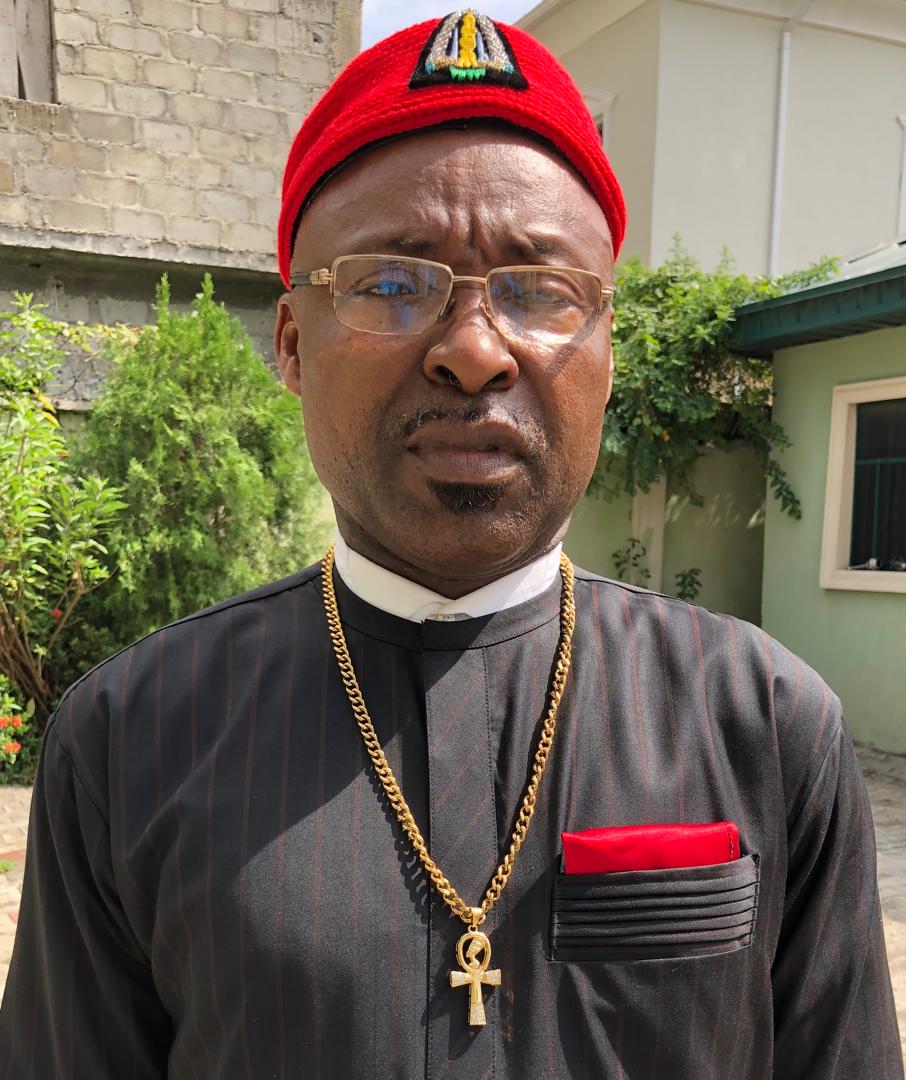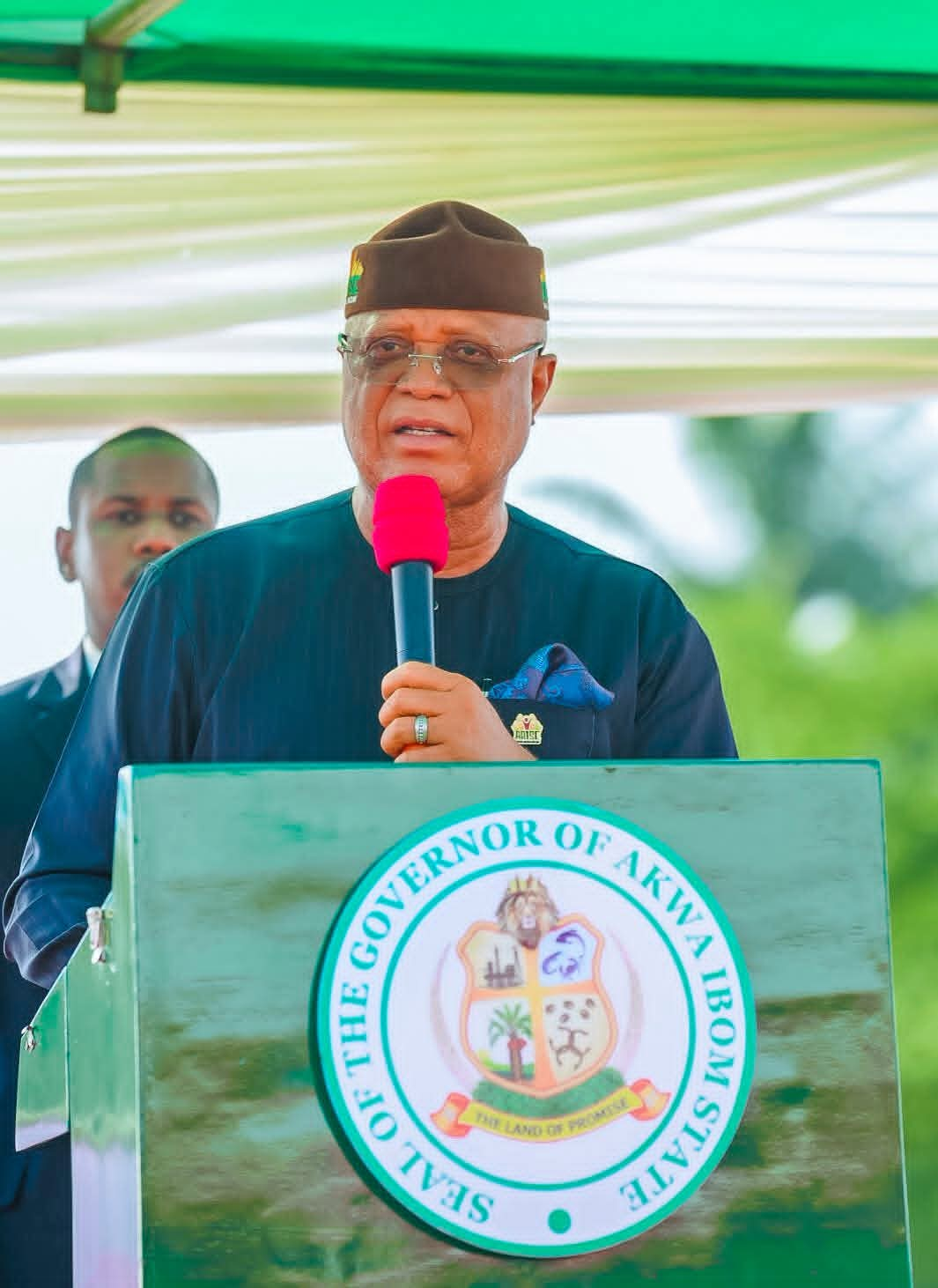The 33rd Annual Conference of Oron Development Union USA Inc. has been told that Ọrọ people must prioritize skills training to boost employability in the oil and gas sector.
Delivering a keynote address on the theme, “Global Hands, Local Impact: Building the Future for Oro by Investing in Skills Training”, Sir Asuquo Edet Inuikim emphasised the importance of investing in skills training programmes that would equip Ọrọ youths with the knowledge, competencies, and confidence needed to excel in the industry.
Sir Inuikim, who spoke at the event in Dallas Texas, stressed the need for Ọrọ people to pursue education and training in STEM fields (Science, Technology, Engineering, and Mathematics) to increase their chances of gaining employment in the oil and gas industry.
“To increase their chances of gaining employment in this sector, Oron people need to pursue education and training in these areas,” he said.
He noted that the oil and gas industry requires a diverse range of professionals, including petroleum, mechanical, chemical, and pipeline engineers, geologists, project managers, safety officers, operations personnel, logistics and transportation specialists, HR professionals, and IT professionals.
The keynote speaker highlighted the importance of skills acquisition training in various sectors, including the oil and gas industry.
He mentioned that the EMOIMEE Skills Acquisition Training programme offers participants practical skills in areas such as pipeline fitting/welding, rigging, forklift and crane operation, scaffolding, welding and fabrication, instrumentation, software development, networking, website development, data analysis, digital marketing, product and graphics design, videography and photography, artificial intelligence, and cybersecurity.
Inuikim stressed the importance of economic empowerment initiatives, such as business grants and procurement of equipment, to support Ọrọ folks.
He added that the EMOIMEE HCDT has made a significant impact on the lives of 847 Ọrọ youths and women, empowering them with business grants to drive economic growth and development.
To successfully drive training programmes for Oro youths, the keynote speaker made several recommendations aimed at boosting the employability and economic empowerment of Ọrọ youths.
These suggestions include pursuing STEM education, increasing economic empowerment initiatives, seeking partnerships with government and industry stakeholders, and allocating more funds to support skills training and economic empowerment initiatives.
Additionally, Asuquo Inuikim reiterated the importance of monitoring and evaluating the impact of these initiatives, as well as engaging Ọrọ communities and leveraging the expertise of Ọrọ people in high positions to facilitate employment opportunities.
He also acknowledged the various impact of skills acquisition training on Ọrọ youths, noting that the training will equip them with relevant skills, enhancing their employability and enabling them to start their own businesses, creating jobs and stimulating economic growth.
This, he said would in turn, lead to improved productivity, poverty reduction, and a diversified economy.
He said trained individuals will also earn higher incomes, contributing to increased economic activities and growth, and improving their standard of living.
He concluded that investing in skills training will promote sustainable economic growth, reduce reliance on external factors, and foster a self-sustaining economy.
The impact, he said would include reduced brain drain, increased economic participation by women and youth, improved infrastructure and services, and enhanced business development and innovation.



